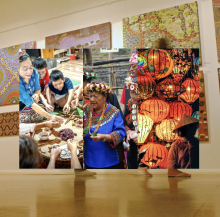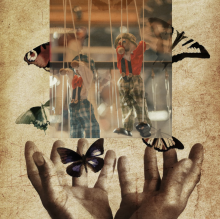Digital Connection and Emotional Distance
In a world where nearly every aspect of our lives has gone digital—our friendships, work, entertainment, and even therapy—it’s easy to believe we’ve never been more connected. We can message anyone, anywhere, at any time. We can share photos, celebrate milestones, and express empathy with a tap of an emoji. Yet many people report feeling lonelier, more misunderstood, and emotionally isolated than ever before.










